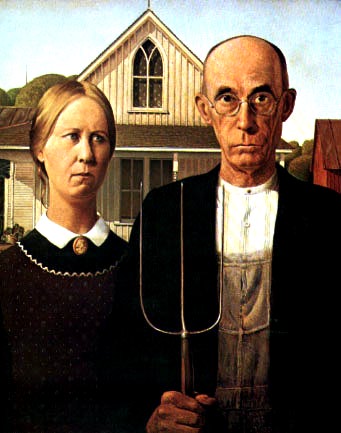
The House and Community Spouse- Despite the intent of the law, allowing one spouse to remain in the family home and having enough income to live on when the other spouse needs Medicaid to pay for nursing home care does not happen automatically. According to the article “What a ‘Community’ spouse can keep” from The Bristol Press, protecting the community spouse is necessary if they are to maintain their prior standard of living.
The community spouse is entitled to have a minimum monthly maintenance needs allowance (MMNA), which changes every year. If the MMNA is $2,288.00, and the healthy spouse has an income of $1,000.00, Medicaid allows a diversion of the sick spouse’s income of the difference, or $1,288.00 per month to the healthy spouse. In most situations, this is not enough to maintain a home, pay bills and enjoy a well-deserved retirement.
An elder law lawyer can help protect assets for the community spouse. The family home is exempt, if it is in the name of the healthy spouse, although most states have a limit to the allowed value. If the sick spouse is approved for Medicaid, the healthy spouse may choose to sell the home and keep the proceeds or downsize to a smaller home.
The community spouse may keep up to $137,400.00 in investment assets in 2022. That’s considered one half of the couple’s total “countable” assets. If the couple’s investment exceeds this amount, there are a number of strategies used to protect the life savings, as long as they stay within the “spend down” rules. Money may be spent on house expenses or improvements. A new car could replace an old model.
Another method is the use of a Single Premium Immediate Annuity, sometimes referred to as a Medicaid Annuity Trust. The well spouse can purchase this and protect their life savings. However, if the well spouse dies before the sick spouse, the balance of the annuity will need to be paid to Medicaid to reimburse it for expenses paid for the care of the sick spouse.
One positive note: personal property is not considered a countable asset. Things like home furnishings, decorations, jewelry, etc., and any personal property will not be counted. Embarking on a spending spree with an eye to reselling personal property to raise cash is not a good idea, since few items maintain their value after the initial purchase.
Planning should be done in advance, when both spouses are well and healthy, because Medicaid strictly enforces the five-year look back rule. Any assets transferred within five years of a Medicaid application will make the sick spouse ineligible for Medicaid coverage, and healthcare expenses will have to be paid out of pocket.
The House and 'Community' Spouse?- The Law Offices of Claude S. Smith, III
Reference: The Bristol Press (July 29, 2022) “What a ‘Community’ spouse can keep”
Legal problems are extremely stressful, especially when your family, your health, or your freedom are at stake. At this point in time, you may not even be sure what kinds of questions you need to ask a lawyer, but that’s entirely normal. Whether your situation involves family law, estate planning, elder law, a criminal charge, or a personal injury, we will start by giving you all the information you need.
The way we see it, you deserve to get this information directly from an expert. That’s why we make it easy for you to get in touch with your lawyer, and we never ask you to sit down with a paralegal or assistant instead.
As our relationship continues, we will keep you updated about the status of your case every step of the way. Your lawyer will reach out regularly to tell you about any new developments, and he will also be happy to answer any questions you have throughout the process.
